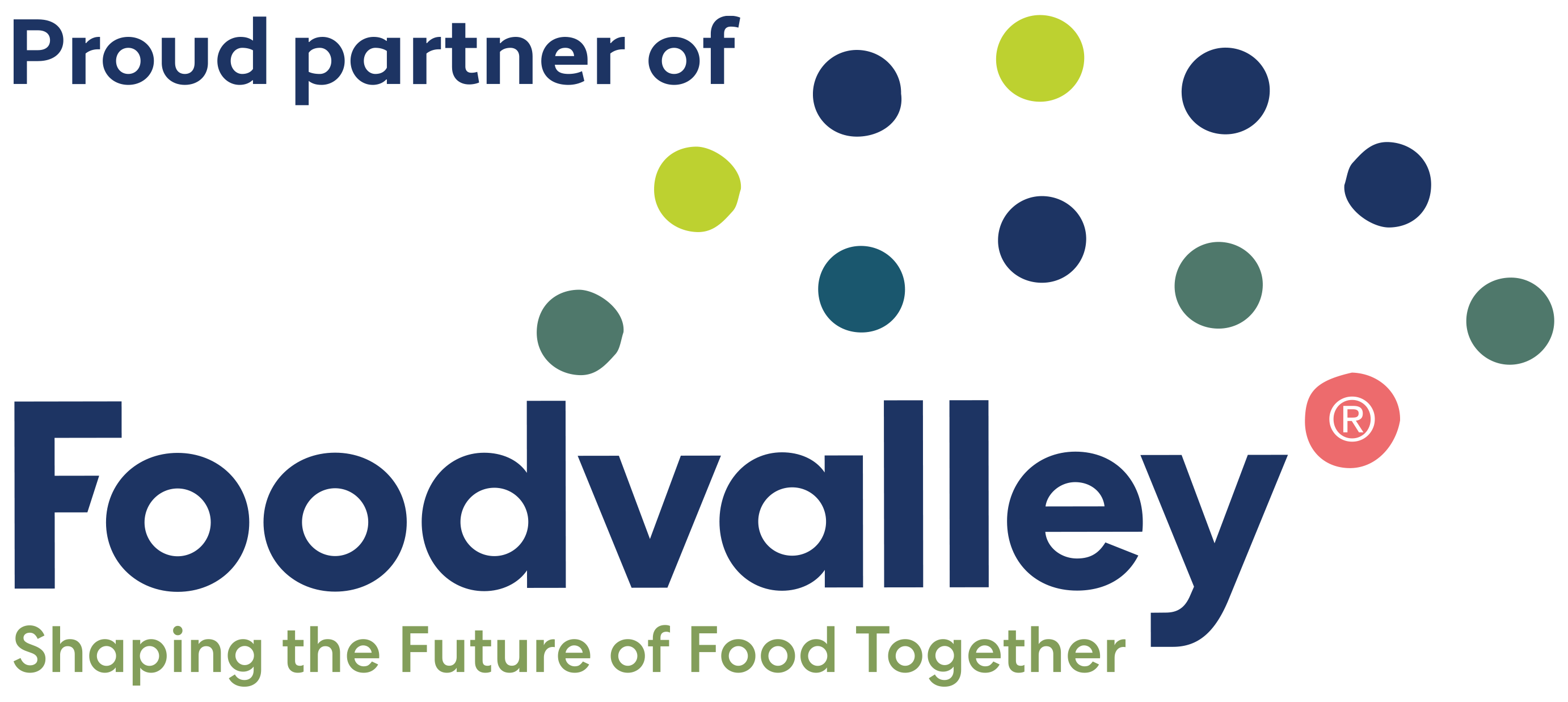Understanding the bread waste scale
Approximately one-third of the world's food is wasted annually, with Poland contributing around 5 million tonnes per year. Bread leads the list of commonly wasted products, often discarded due to its short shelf life, low production costs and the lack of habits or ideas for reuse. This waste means that the energy, water and equipment used in production are lost, and greenhouse gases are released during disposal.

It's staggering to think that the food wasted by 700 million people could feed 2 billion. This immense challenge fuelled our commitment to the REBREAD mission, which aims to turn leftover bread into a valuable resource and promote sustainable solutions to bread waste.
From unsold bread to less waste bread and craft alcohol
Our journey began with turning surplus bread into craft alcohol, an innovative first step in addressing the global problem of bread waste. If bread can be distilled into alcohol, it can be upcycled into other products.
This discovery led us to develop industrial recipes for less waste bread, using up to 30% bread surpluses. The result? Fragrant, tasty loaves with a longer shelf life. Not only does this reduce resource consumption, but it also offers significant cost savings for bakeries. A closed-loop bread production is a practical example of resource efficiency in bakery that benefits both the planet and business owners.

Exploring upcycled food and bread-based products
Our collaboration with scientists and craftsmen worldwide has revealed that unsold bread can be transformed into a wide range of products. From new baked goods and beverages like kvass and beer to substrates for growing edible fungi, the possibilities for bread waste valorisation are vast.
With the help of a 400,000 PLN "Innovation Voucher," we were working with the University of Agriculture in Kraków (Department of Carbohydrate Technology and Grain Processing) to determine optimal methods for drying and processing surplus bakery products. This research was key to extending the lifecycle of bread and developing techniques for processing it further into valuable products.

Our cooperation with the University of Poznań and other units, including foreign ones, resulted in valuable research findings.
Milled surplus bread can serve unconventional purposes, such as local and eco-friendly abrasives in cosmetics, replacing synthetic or unsustainably sourced abrasives. Bread can also be combined with koji mushrooms to produce a bread-based ingredient full of umami flavour – offering a sustainable dairy alternative for plant-based diets.
Read more about our anti-waste solutions.
Designing global solutions for local impact
At Rebread, we embrace the philosophy of "Design Global, Manufacture Local." Transporting unsold bread across the globe for processing would negate the environmental benefits of upcycling. Instead, we develop open licences that enable local bakeries to utilise leftover bakery products effectively, reducing their carbon footprint and creating bread waste solutions tailored to their needs.
Our vision is to establish a global ecosystem where knowledge is shared, suppliers are connected with buyers, and bread waste valorisation practices are implemented locally. By co-creating know-how, we aim to inspire action worldwide, turning bread from waste to resource and promoting the principles of a circular economy.
Media coverage
"No need to throw away stale bread: Rebread makes alcohol out of it" – Innovation Origins
"From waste to wellness: How upcycled bread is improving functional foods" – Vitafoods Insights
"Beyond the stale: Using bread waste as a multifunctional ingredient" – Fi Global Insights

.png)





